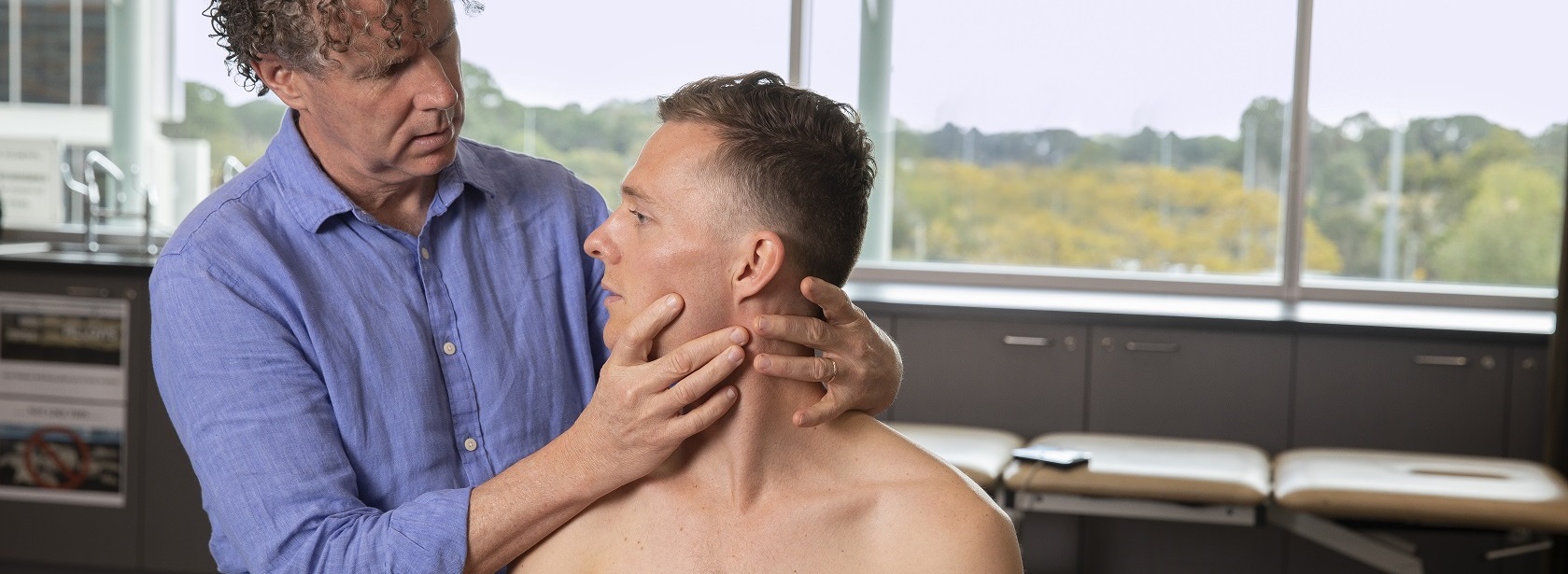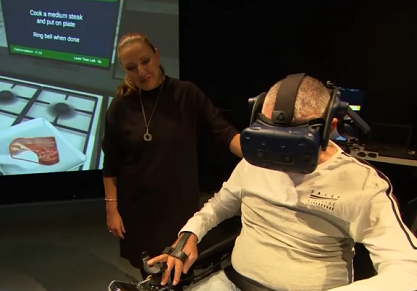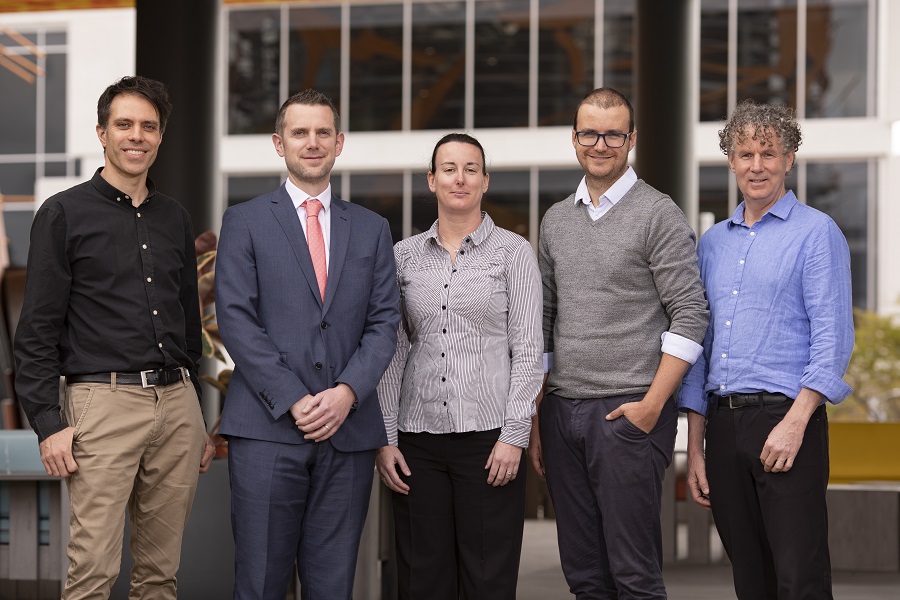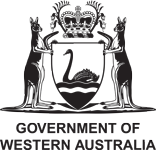Allied Health Research

Allied health professionals help our claimants recover following their injuries.
Each year, we pay for almost 200,000 allied health consultations to be provided to our claimants.
Our allied health research programs aim to increase the speed and quality of a person’s recovery.
Physiotherapy and occupational therapy are the two allied health disciplines that our claimants access most frequently.
Physiotherapists provide treatment and exercise programs that aim to improve functional movement following an injury or illness. They use a variety of hands-on treatment techniques to help reduce pain and restore body function to improve a person’s quality of life.
Occupational therapists provide support and rehabilitation to people who have experienced an impact on their health and wellbeing. They play an important role in helping people to participate in activities of their daily living, through the use of therapeutic activities and the implementation of assistive equipment and technology.
The Insurance Commission has partnered with Physiotherapy Association of Australia and Occupational Therapy Australia to find innovative rehabilitation methods to improve the functional recovery of people injured in vehicle crashes and at work.
Western Australian occupational therapists and researchers have applied for Insurance Commission funding to deliver translatable research projects that focus on enhancing the independence of individuals after injury.
Insurance Commission Funded Allied Health Projects
| Year | Investigators | Project | |
|---|---|---|---|
| 2020 |  | Chief Investigator
Associate Investigators
Institutions
| Virtual reality simulation for spinal cord injury rehabilitation An interactive, home-based virtual reality (VR) simulation trial for people with incomplete cervical spinal cord injury to improve upper limb motor function. The trial aims to determine if an immersive VR simulation can be an effective adjunct to conventional therapy for people with cervical spinal cord injury. The upper limb motor skills intervention involves an interactive VR ‘cooking simulation’, with four cooking tasks at four levels that incorporate problematic movements which are common in cervical spinal cord injury. This novel technology allows rehabilitation to occur daily in the home, maximising opportunities for the functional recovery of the brain, increasing independence, and minimising time, travel, and therapy costs. |
2020 |  | Chief Investigator
Associate Investigators
Institutions
| Stratified cognitive functional therapy for high risk neck and back injuries A feasibility trial that integrates physiotherapy and psychology treatments, known as cognitive functional therapy, which aims to improve functional recovery for people with high risk neck and back injuries following vehicle accidents. This project is a person-centred, individualised treatment that is led by physiotherapists and integrated with collaborative care from psychologists. It aims to trial the effectiveness of physiotherapy interventions that target specific modifiable psychosocial risk factors following high risk neck and back injury. It has the potential to contribute to reducing the significant disability, economic cost and social burden associated with persistent neck and back pain following an accident on the road. |
2020 |  | Chief Investigator
Associate Investigators
Clinical Collaborators
Institutions
| Online health coaching program to improve work readiness following injury A web-based health coaching program that aims to positively influence people’s perceptions about returning to work following an injury on the road or at work. This project aims to test the effectiveness of providing online personal coaching as part of a post-hospital discharge rehabilitation program following injury. The web-based program focuses on improving work readiness, facilitating the transition to independence, and to improve people’s perceptions about returning back to work. |





